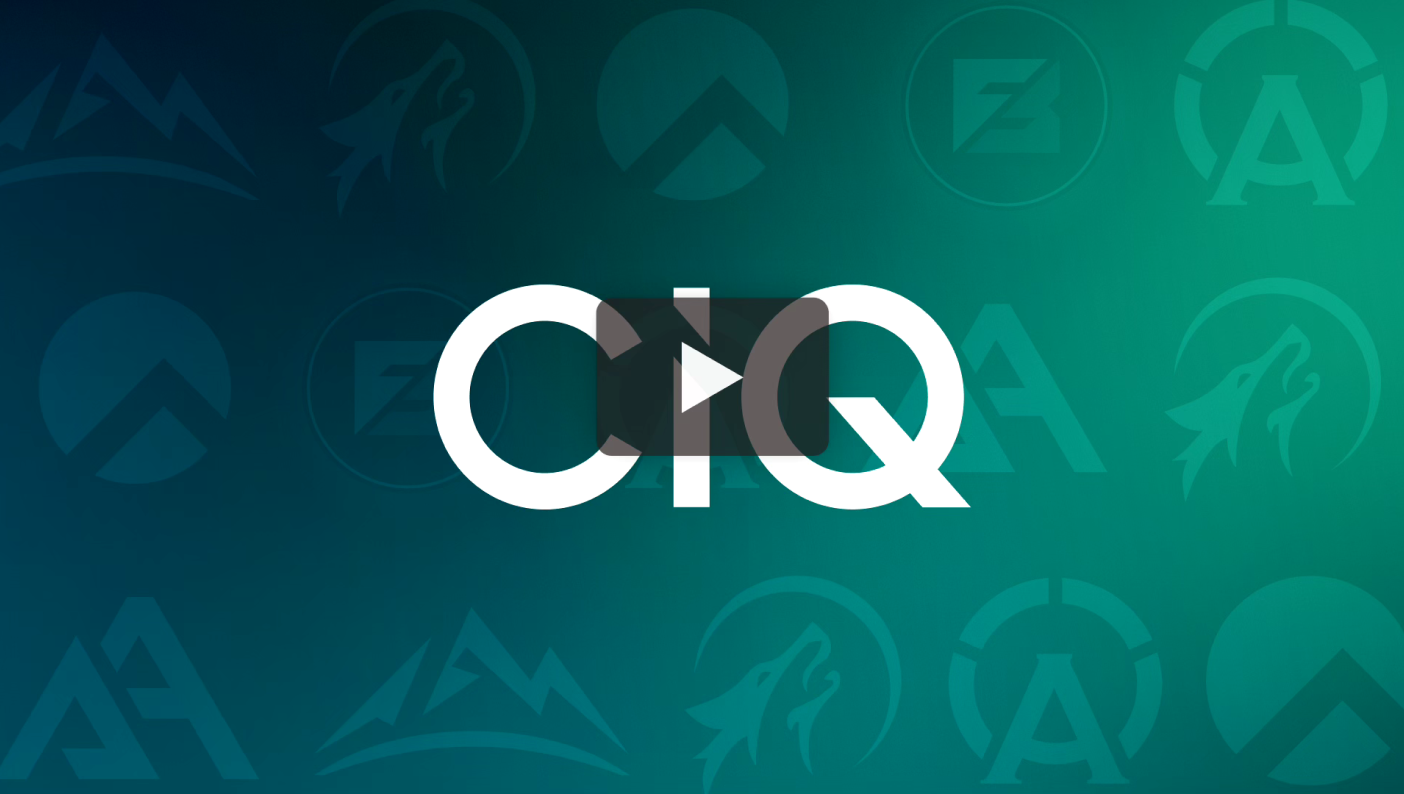Webinar
CIQ's live chat with the ProTech Show! Part 2

CIQ was asked the biggest difference between Centos and Rocky Linux. Watch the entire video on ProTech Show's channel here: https://youtu.be/nDgL0xi1nXY
Speakers:
Note: This transcript was created using speech recognition software. While it has been reviewed by human transcribers, it may contain errors.
Full Webinar Transcript:
Andrew:
You mentioned that there were a few things you would like to do differently this time. There is stuff you learned when you built CentOS and the journey you went through; you've learned things that worked well, some things that didn't work well. If you were to condense that all down to what the biggest change is you've made when doing Rocky versus CentOS, what would that biggest thing be?
Gregory Kurtzer:
The biggest thing is to create it to be more of a community. CentOS started off as an offspring of CHAOS Linux. What ended up happening was we didn't have CICD, Cloud wasn't huge at that point–or at least as big as it is now–and there was a lot of technology that was missing from how you build an operating system. What we did is each one of the developers grabbed their laptop and we started building packages and we started assembling the packages. As we did that, as we built and assembled these packages, we wanted to push these to mirrors and push them live. We did it from our workstations, we did it from our laptops, which now means that the security umbrella that we have to manage is basically confined within the circle of trust of the individuals doing that work.
That means the way you manage that security is you keep those circles very small. The culture of CentOS was always very small as a development team. There were probably about five plus or minus a few people, maybe two or three people, along the entire CentOS journey in terms of core developers, people actually maintaining the operating system. If you've been using CentOS for a while you probably recall that there are a number of times in which CentOS releases were delayed, or it took a while to get a new point release out or a new major version out. That is because this small team of individuals have been floored with the amount of work that they had coming at them.
They weren't doing this as their primary job, they were doing this as their alternative jobs–their weekend and evening jobs. Which meant that this poor team was completely overburdened and overloaded for about a decade until Red Hat hired them. What would I do differently? I would want to first build up the infrastructure necessary so we can build a proper community and can actually expand beyond just a few developers. That infrastructure is key, it allows other people to come into play to become developers, become contributors, without compromising the security or the integrity of the resulting project. That was what we spent the entire beginning of the project doing. Not building an operating system, but building an infrastructure. It took us about four months to build the infrastructure.
What we did initially is we replicated what Fedora is using and what we believe Red Hat is using so we can get the closest result to what they have. Then leverage that and build off of that for our own needs. Again, it took about four months to do that–then it took about two months from there to throw the operating system at that infrastructure and get the operating system built. Then one month of testing and seven months later–I think that's seven if I did my math right in my head– seven months-ish later we basically had a GA release.
Built for Scale. Chosen by the World’s Best.
1.4M+
Rocky Linux instances
Being used world wide
90%
Of fortune 100 companies
Use CIQ supported technologies
250k
Avg. monthly downloads
Rocky Linux